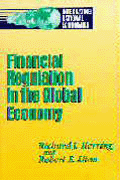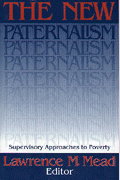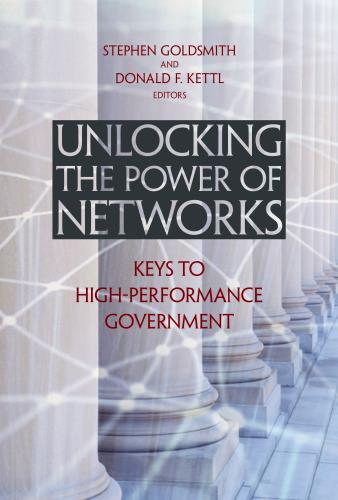Studies in this week’s Hutchins Roundup find that foreign aid does little to deter emigration from lower-income countries, stricter bank supervision increased small business lending, particularly among well-capitalized banks, and more.
Want to receive the Hutchins Roundup as an email? Sign up here to get it in your inbox every Thursday.
Foreign aid does little to spur development and deter migration in lower-income countries
In response to the refugee crisis, several high-income countries increased foreign aid to spur development in lower-income countries with large migrant outflows. The reasoning: if there are more jobs and less violence in these countries, fewer people will move. Reviewing the literature, Michael Clemens of the Center of Global Development and Hannah Postel of Princeton find little evidence that foreign aid successfully spurs economic growth, employment, and security. Further, more economic development is actually associated with more emigration. “As development proceeds, human capital accumulates, connections to international networks increase, fertility shifts, aspirations rise, and credit constraints are eased,” they say, all of which tend to increase emigration. Instead of trying to deter migration, donors should invest in job training and recruitment systems, as well as other policies that would benefit both host and origin countries, the authors conclude.
Stricter bank supervision increased small business lending, particularly among well-capitalized banks
The 2011 elimination of the Office of Thrift Supervision (OTS), a major regulator, shifted about 10 percent of all U.S. depository institutions to stricter supervisors. Using this change as a natural experiment, João Granja and Christian Leuz of the University of Chicago find that the shift had little effect on credit. Instead, banks that were switched to stricter supervisors increased lending to small businesses by about 10 percent on average. Well-capitalized banks drove this trend, suggesting that stricter supervision forced well-capitalized banks to overhaul inefficient, pre-recession lending practices, they say. Indeed, the authors show that entry and exit rates for businesses increased in areas that had more OTS-regulated banks. The results suggest that stricter supervision led banks to reallocate loans towards new and better performing businesses without a credit crunch following a financial crisis.
Fiscal stimulus can be effective during periods of high consumer debt
Using zip-code level government defense spending data from 2007-2009, Yuliya Demyanyk of the Cleveland Fed, and Elena Loutskina and Daniel Murphy of the University of Virginia examine whether fiscal stimulus is effective during periods of high consumer debt. They find that areas with higher pre-recession consumer indebtedness were more responsive to government spending, suggesting that expansionary fiscal stimulus can mitigate adverse effects of consumer indebtedness on employment and income. Specifically, a one-percentage point increase in the ratio of government spending to local income reduces the local consumer debt-to-income ratio by 16 percent, they find. They show that households with higher debt-to-income ratios tend to consume more in response to increased government spending compared to households with lower debt-to-income ratios.
Chart of the week: Inflation-adjusted hourly wages continue to be largely stagnant

Quote of the week:
“I think two risks could develop, if we’re not paying close [attention]…One is if the economy gets overly strong, it overheats to the point that eventually inflation starts picking up, we don’t want to be behind the curve…If we didn’t raise rates at all…either this year or over the next couple years, I fear that the economy would overheat to the point where we would need to quickly change course, and I think that would be a policy mistake. The second one I worry about is that…asset markets are extremely strong,” says San Francisco Fed President John Williams.
“I’m not saying that they are too high or I’m worried about a bubble or anything like that, but I do know that for this expansion … to be on a sustainable basis, we don’t want it being fueled by excesses in markets or the stock market or something…As we move interest rates back up to more normal levels, as the economy improves, I think that will reduce the risks of the economy overheating and actually reduce some of the risks of markets maybe overheating as well.”








Commentary
Hutchins Roundup: Foreign aid and migration, stricter bank regulators, and more
January 4, 2018